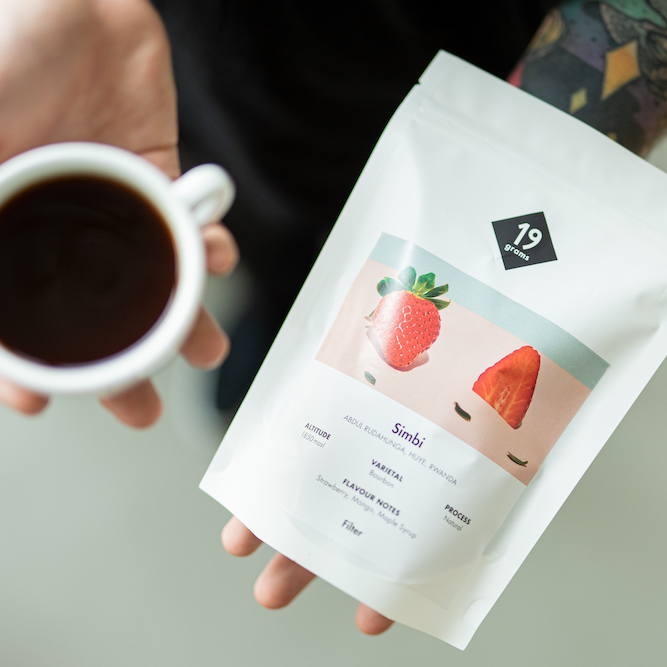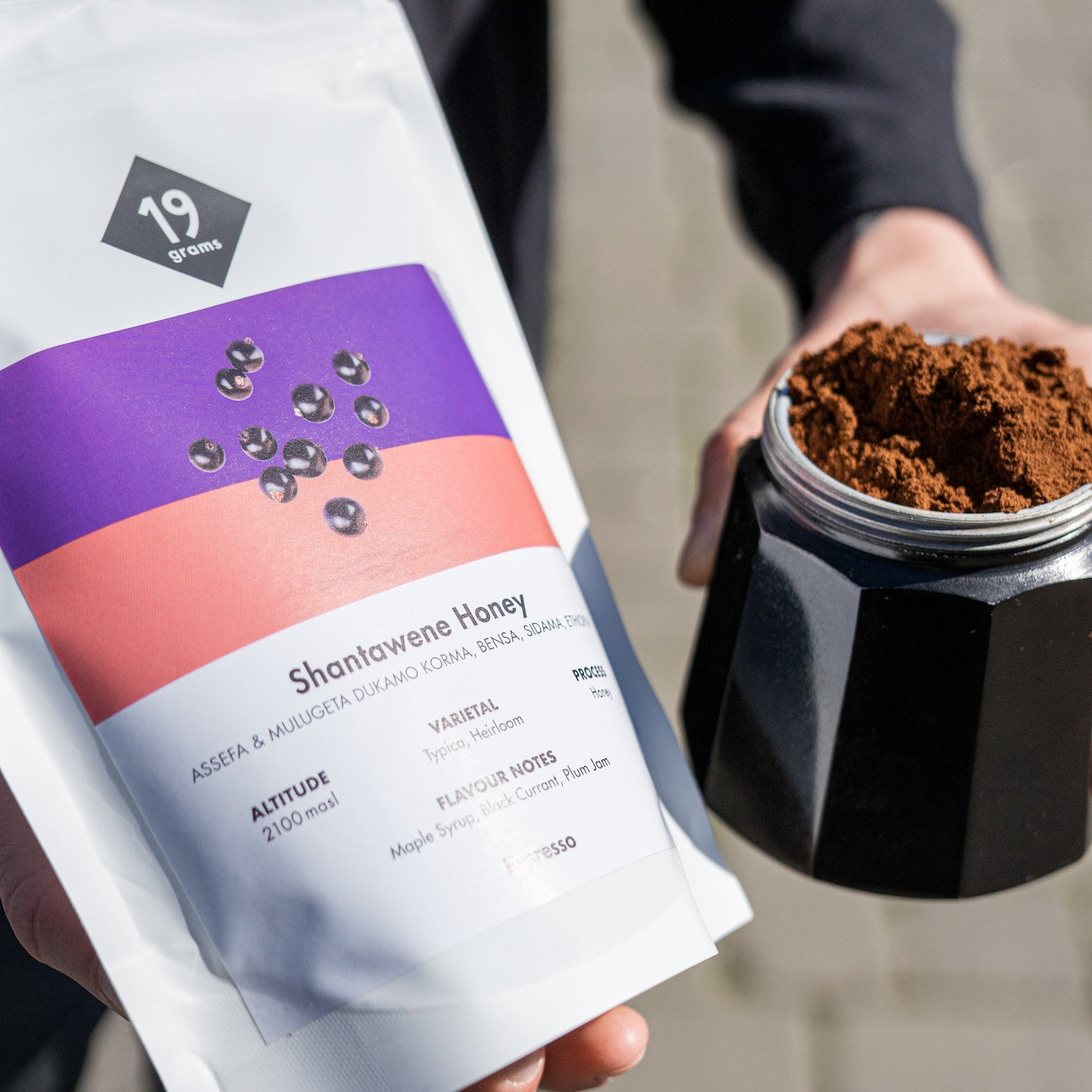For many people, coffee is an indispensable part of everyday life. But how much do we actually know about the little beans that give us this delicious treat? There is a mysterious side to coffee that not many people have heard of - the world of the Quaker. In this blog post, we'll take a look at these unripe, improperly developed coffee cherries and how they affect the taste of coffee.
A quaker is a coffee cherry or coffee bean that has been picked unripe or not properly developed for other reasons. In the coffee trade, the number of quakers in a batch of coffee often serves as an indicator of quality. For example, to be considered premium coffee, a batch of 300 g of coffee beans should contain no more than three quakers.
Roasted coffee beans with a slightly wrinkled and dried surface are typical characteristics of quakers. Even when heavily roasted, they remain very light and do not darken like mature beans. When Quakers are crushed between the fingers, they give off a distinct peanut odor. Finding Quakers in green coffee is a bit more difficult. In this form, they already have a slightly shriveled surface and a shiny, almost too green color. In wet processing, green quakers can be detected and skimmed off due to their lower density in water, as they do not sink, unlike mature coffee beans.
A Quaker bean does not have the same chemical components as a mature coffee bean. In particular, it lacks the proportions of acids, proteins, lipids and starches that are converted to sugars during the roasting process. However, because the sugar is needed for the caramelization that usually occurs during roasting, Quakers do not get the typical brown color that results from the roasting process.
The quality of a coffee suffers from a high proportion of immature Quaker beans. This is manifested primarily by a dry kind of astringency that leaves the coffee on the tongue when drunk. The more Quaker the coffee contains, the more noticeable this dryness is. In addition, Quakers produce an unpleasant peanut aroma that affects the taste of the coffee.
In general, many quakers are a sign of inferior coffee. In wet processing, quakers can be removed quite well by various techniques, making washed coffee less susceptible. It is different with the so-called natural method. Here, the pulp of the coffee cherry is not removed after harvesting, but the entire coffee cherry is dried. Unwashed coffee of inferior quality, where the cherries have not been turned sufficiently often, may have a higher proportion of quakers.







